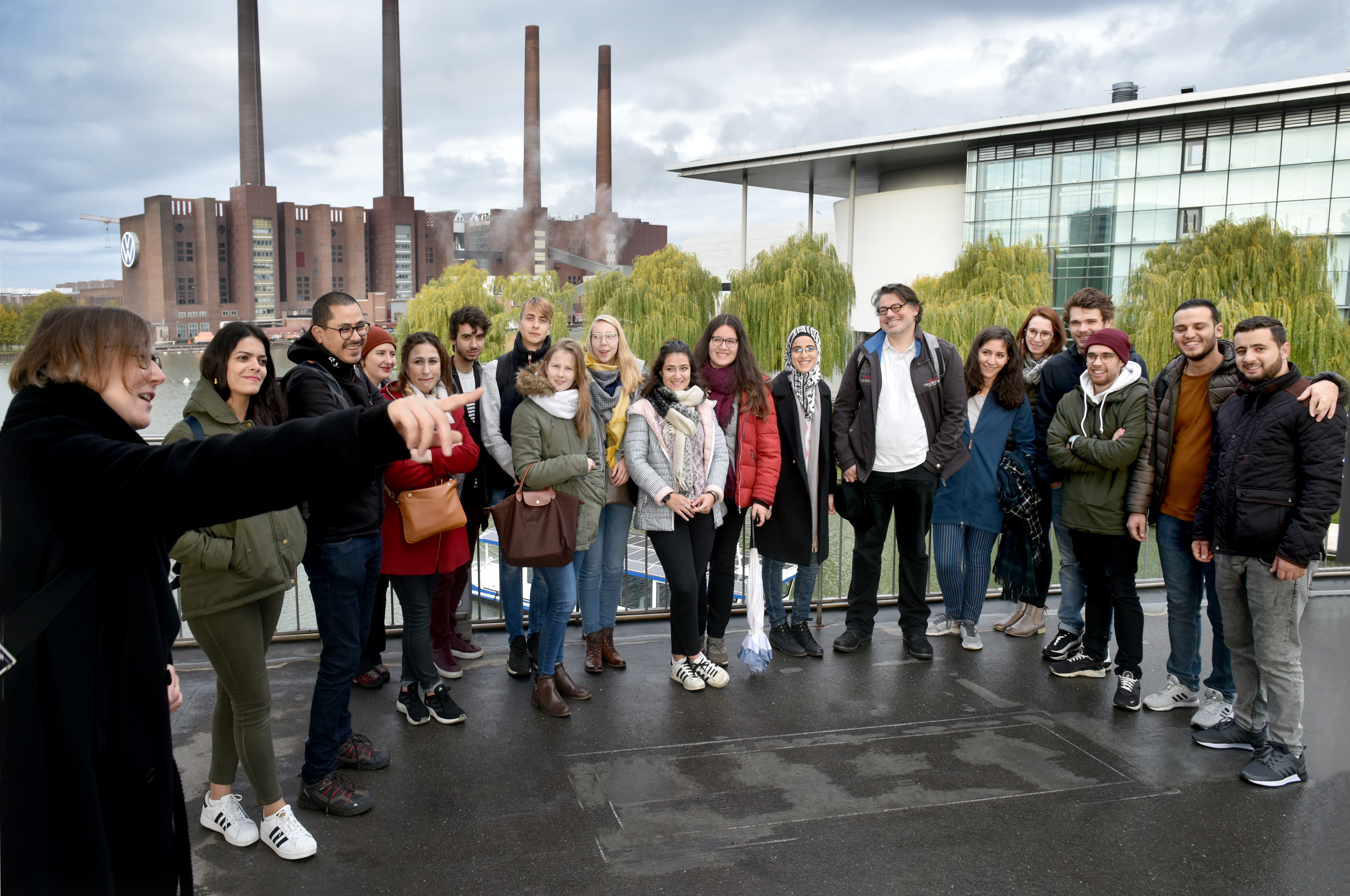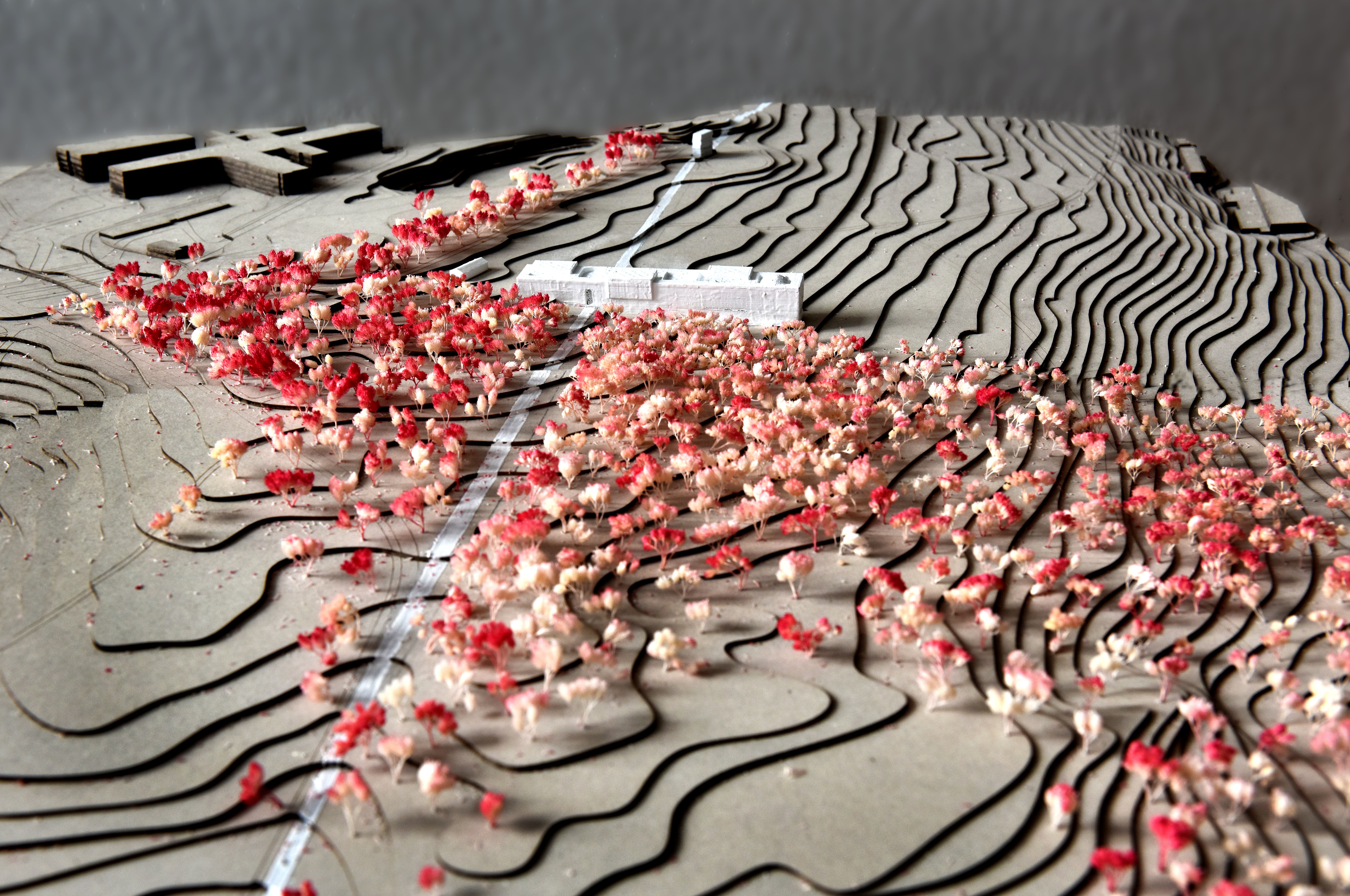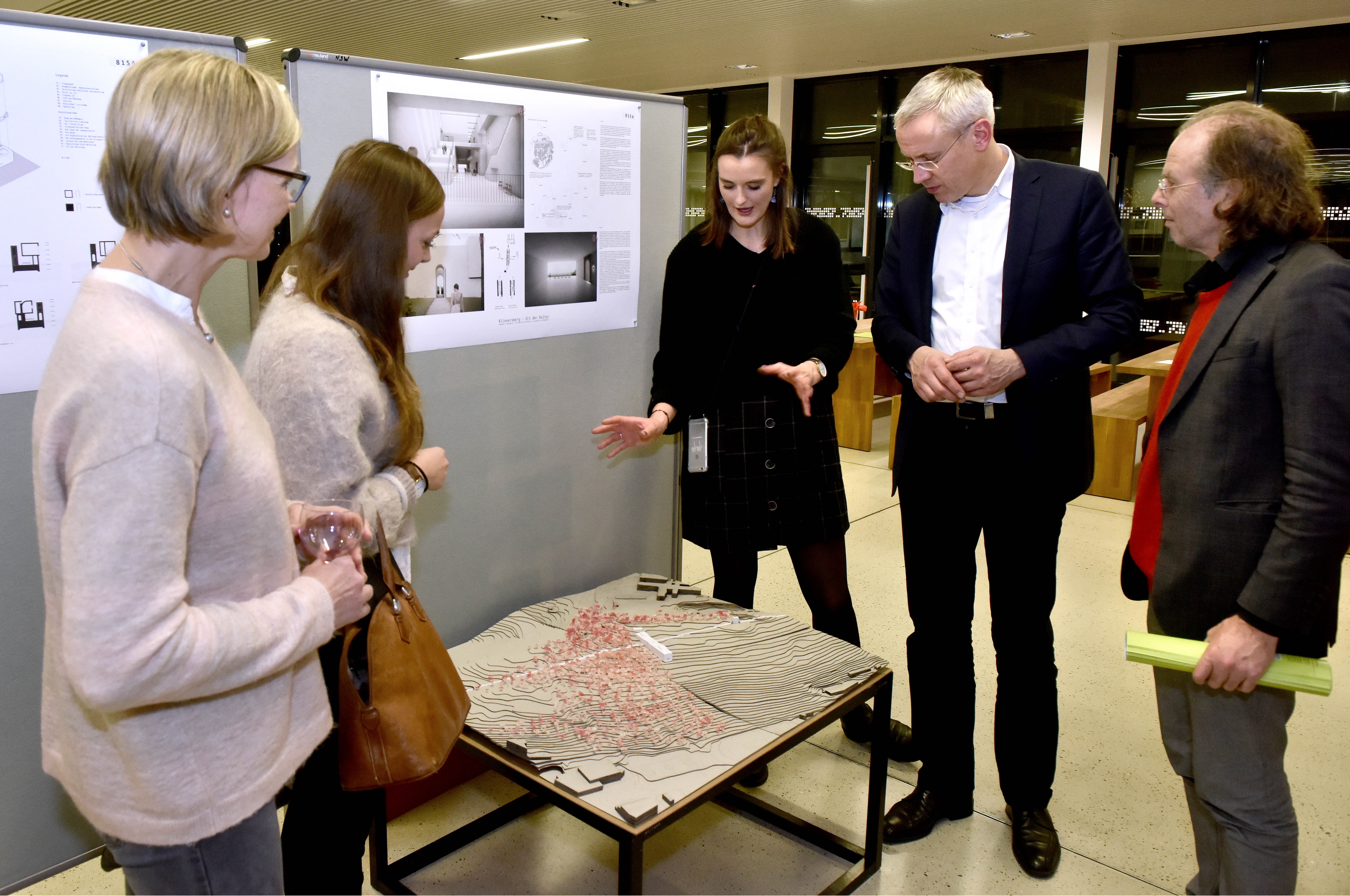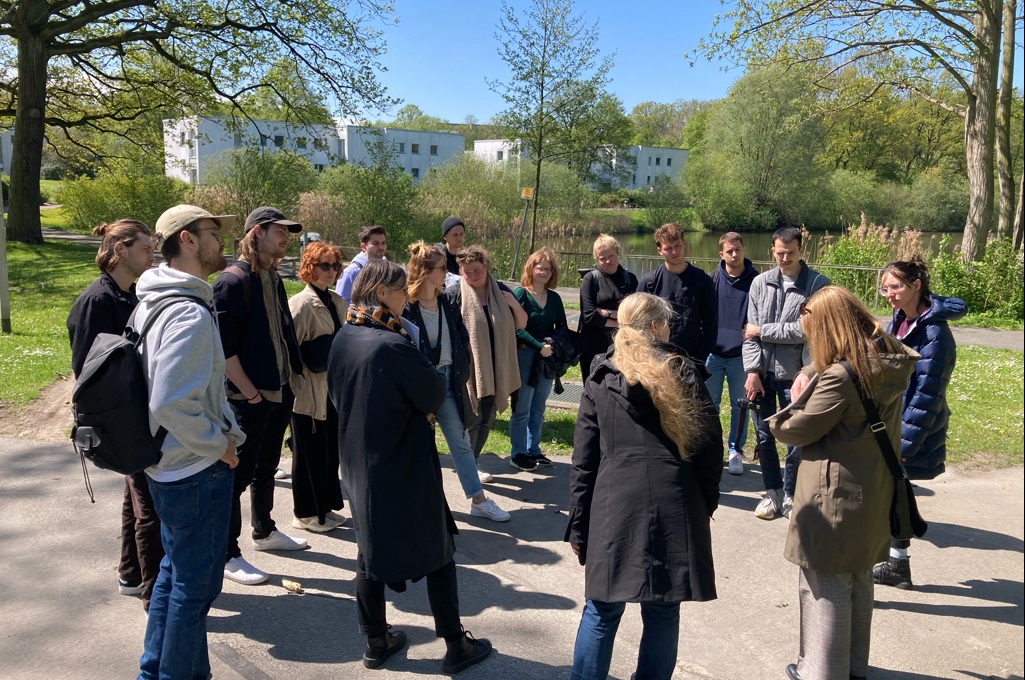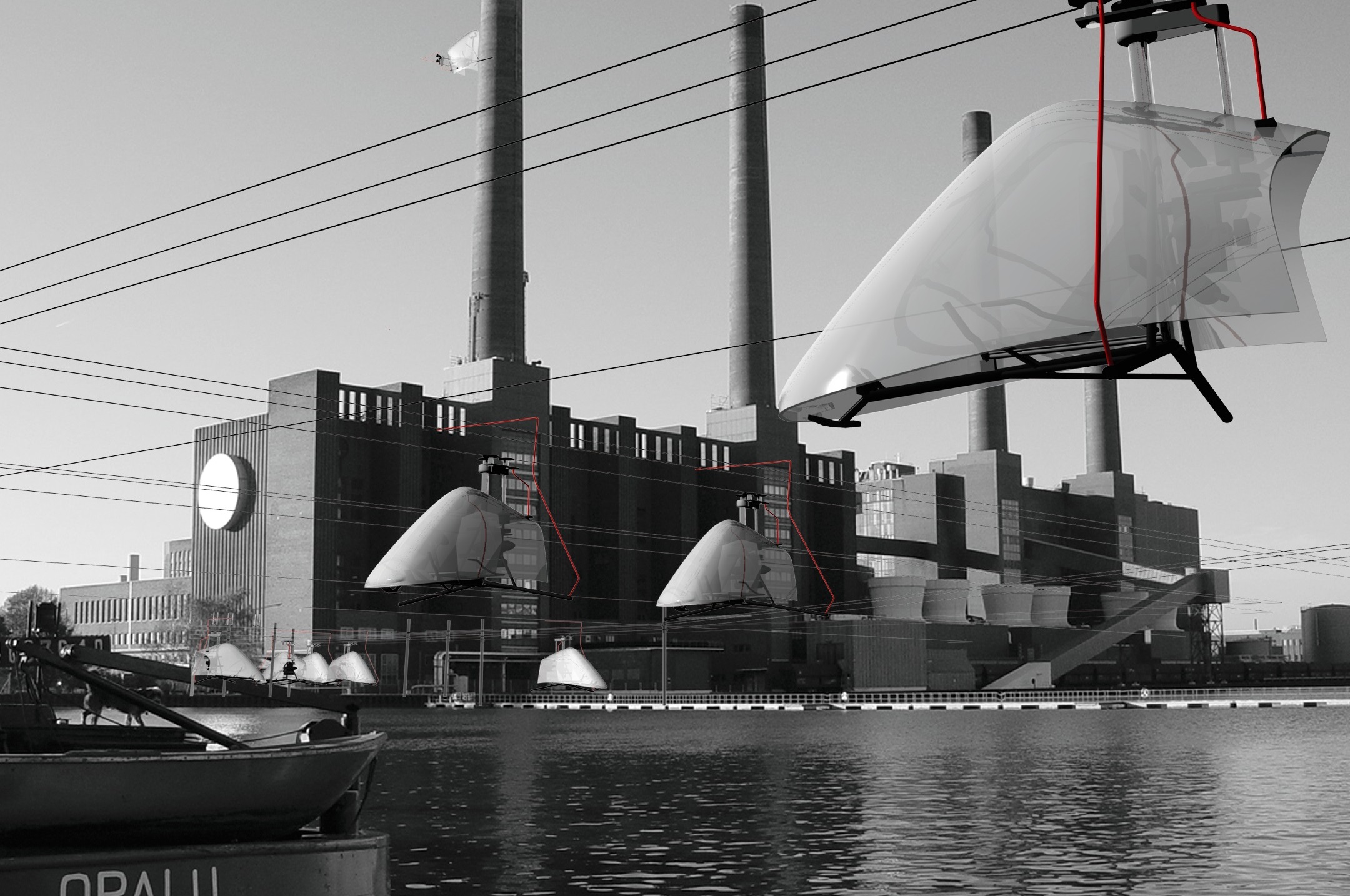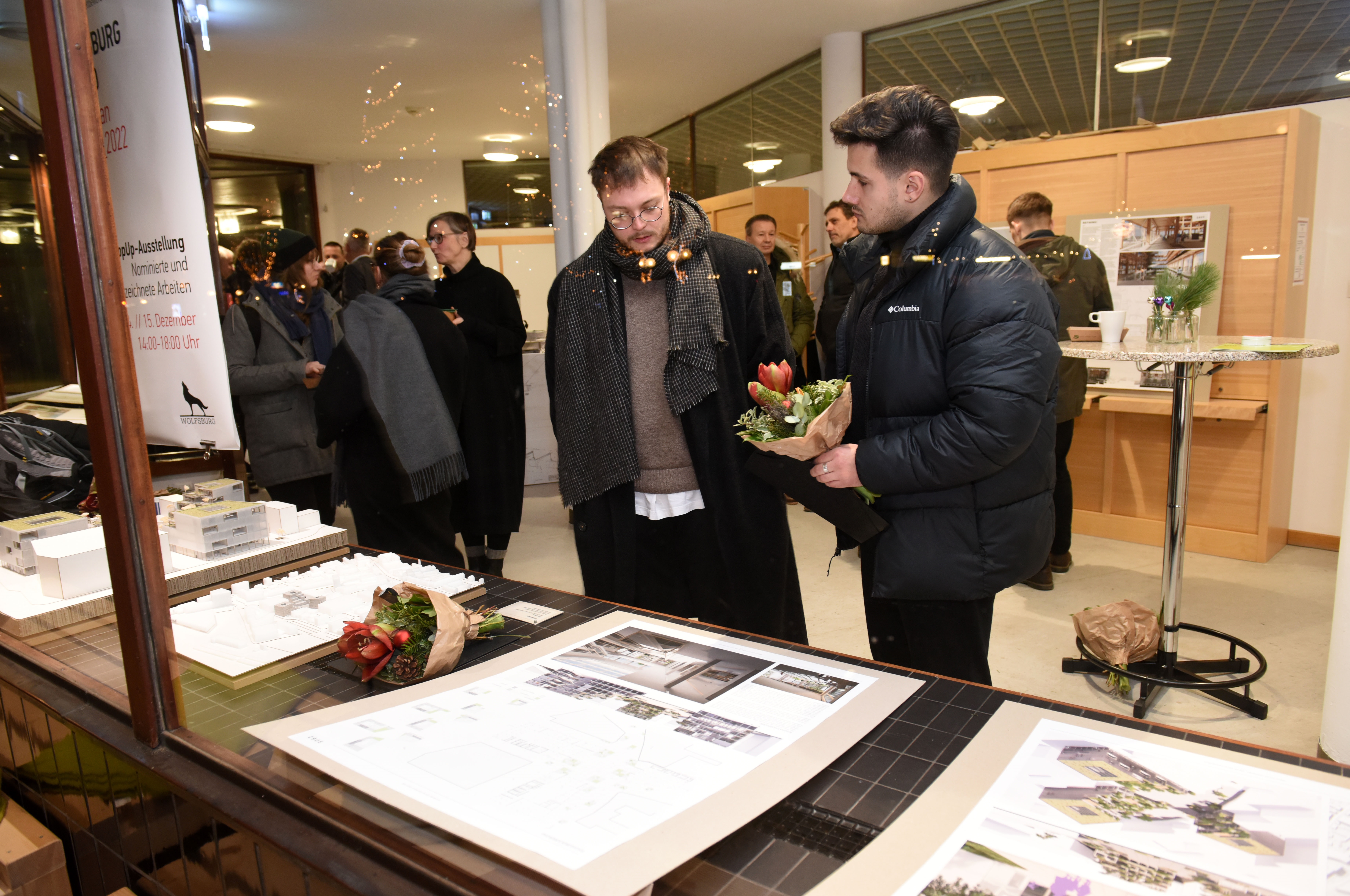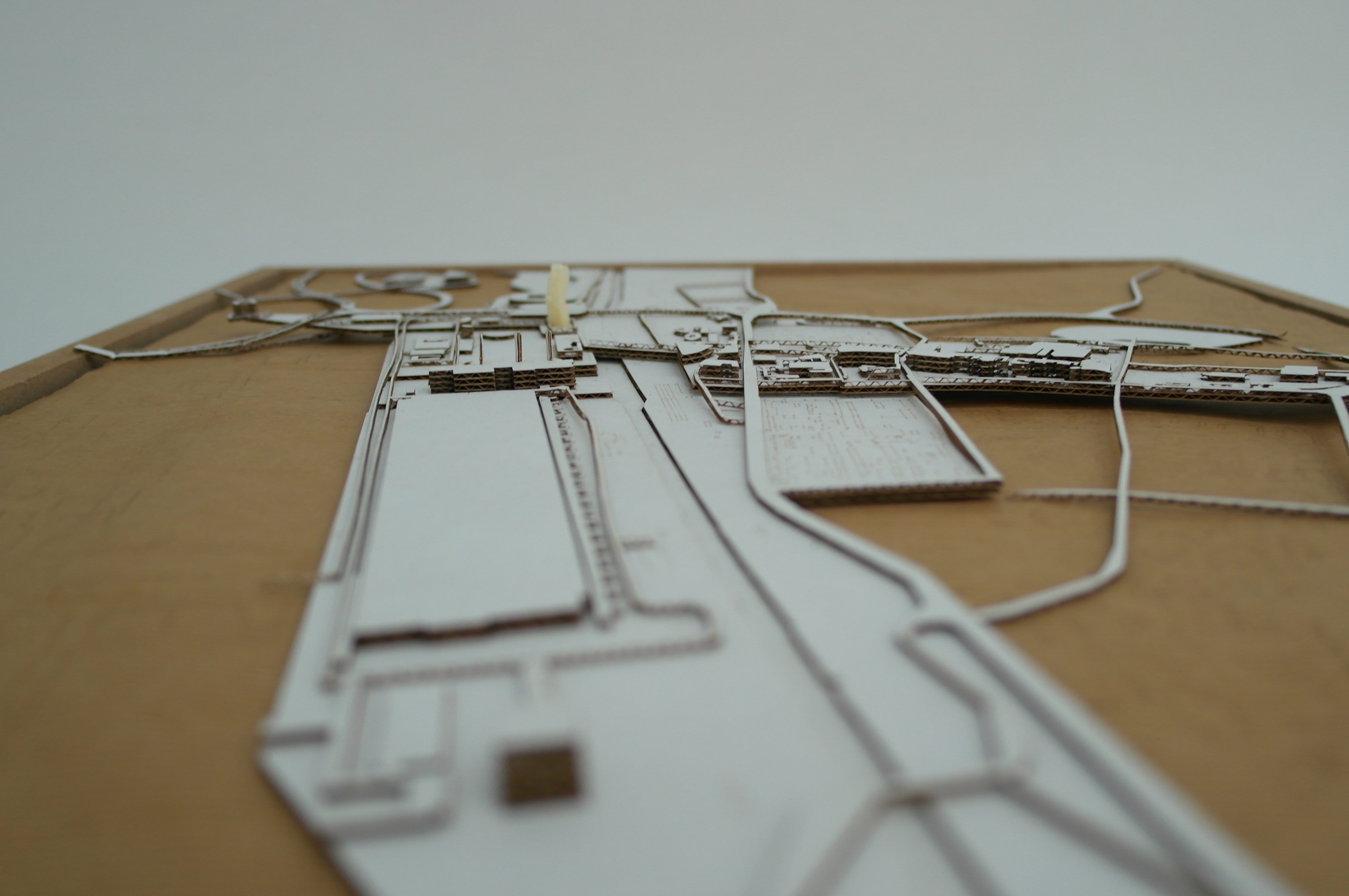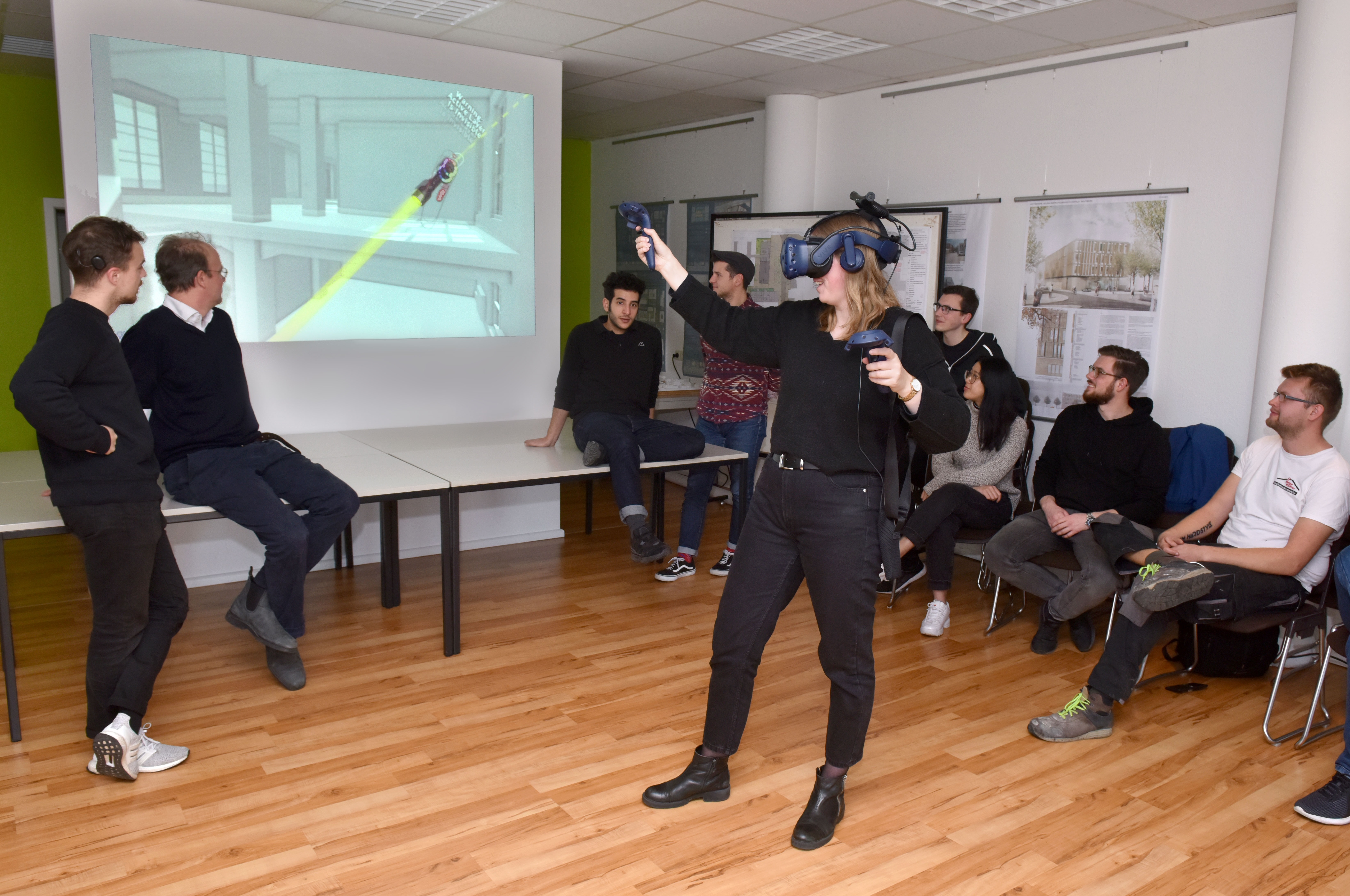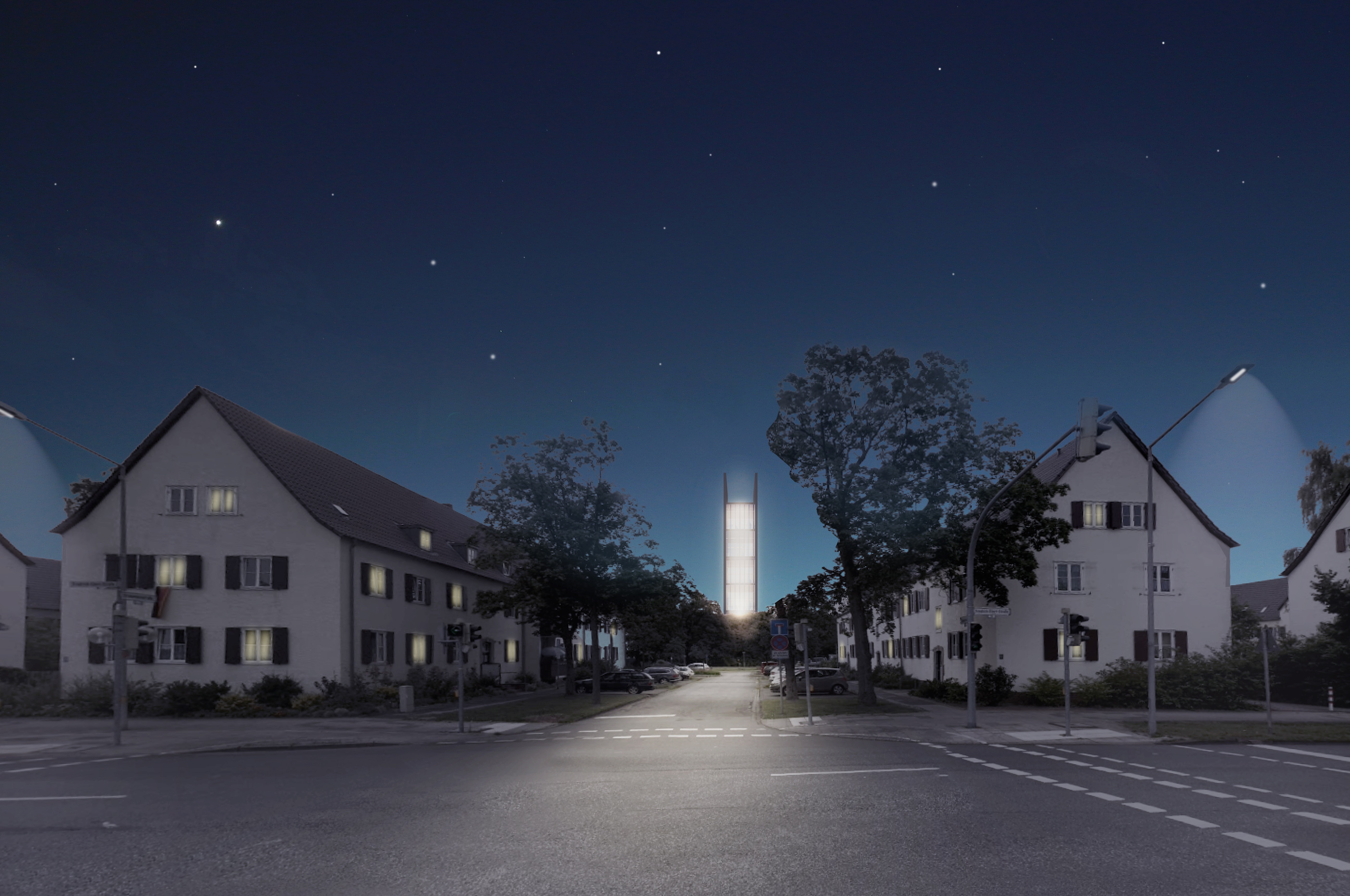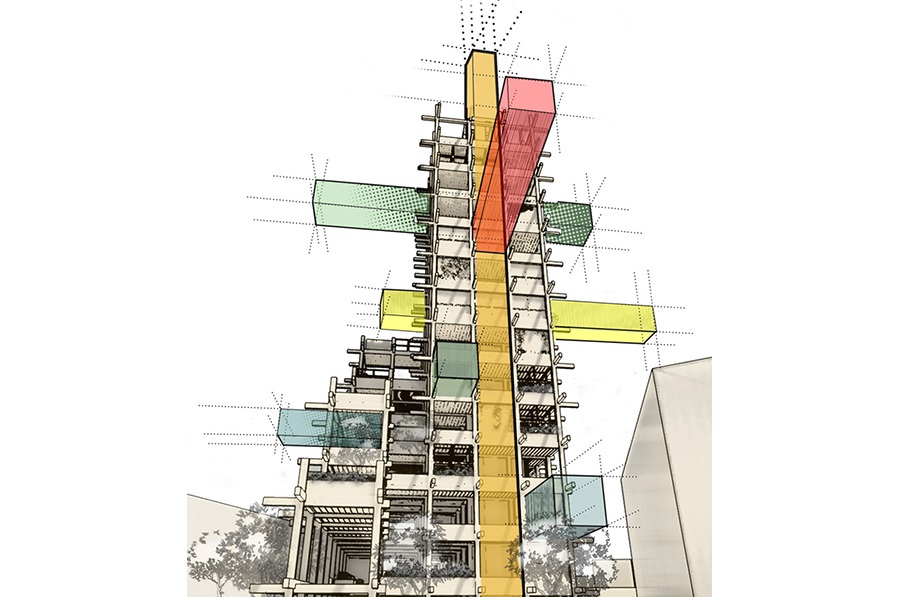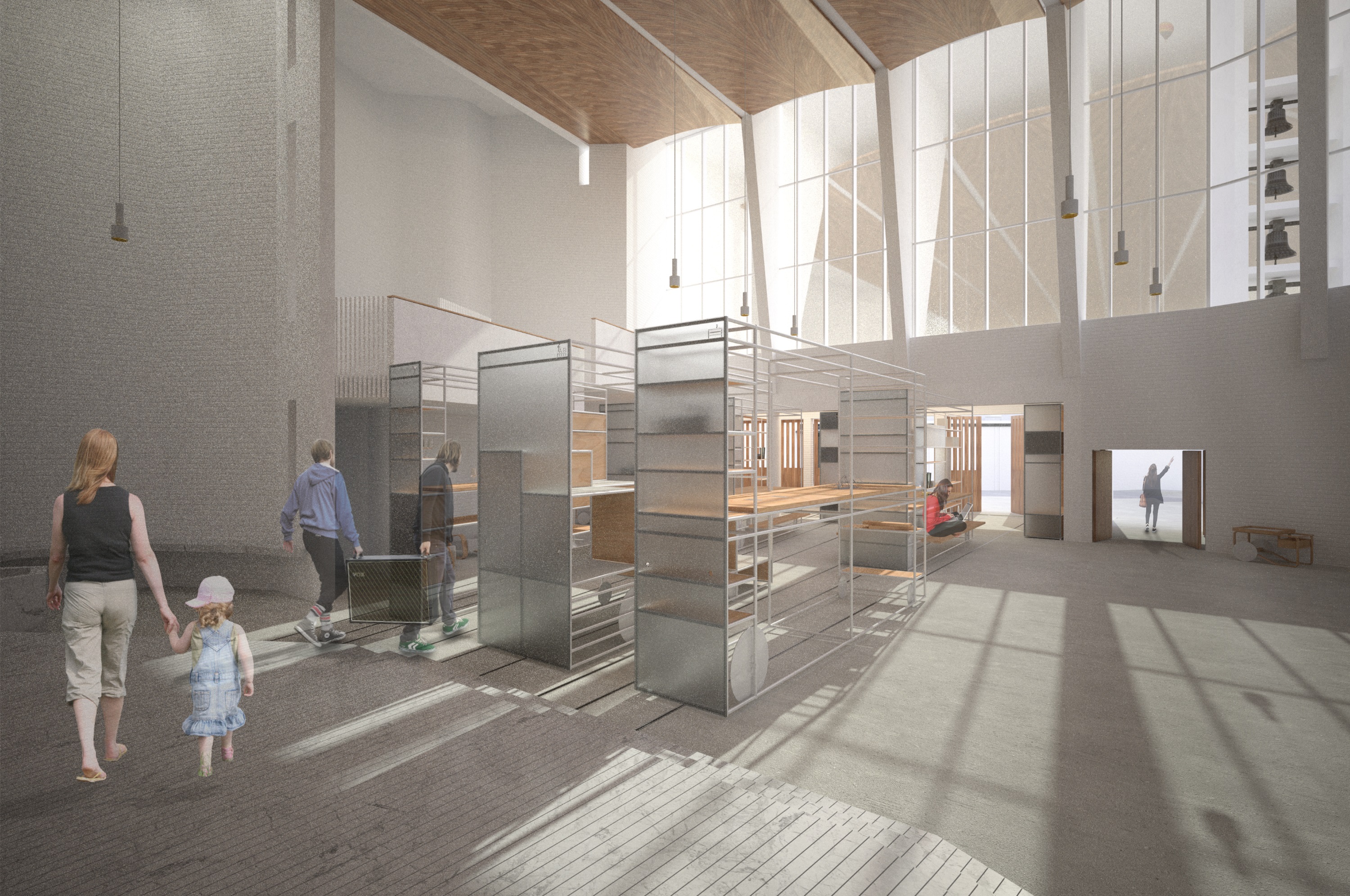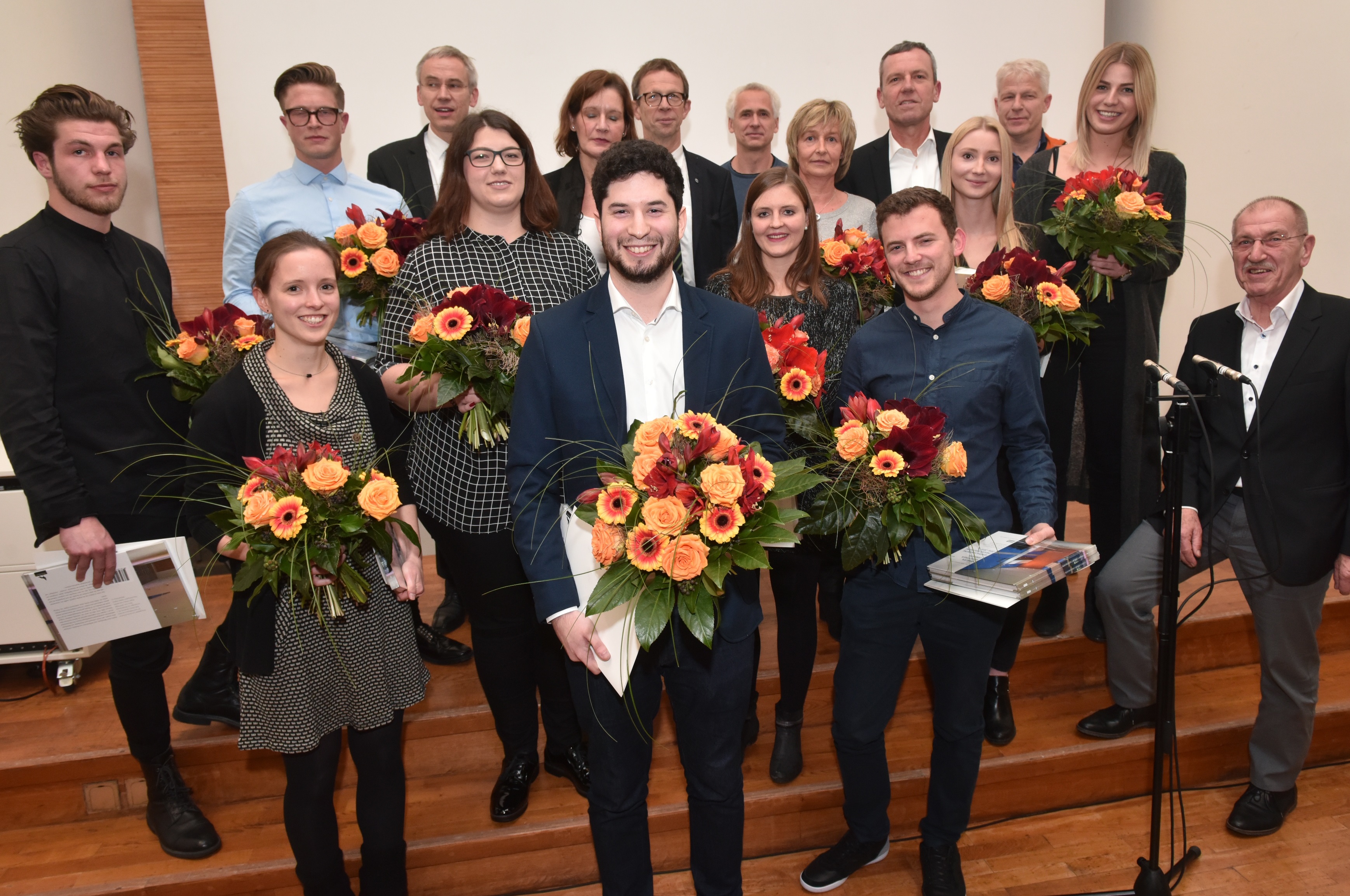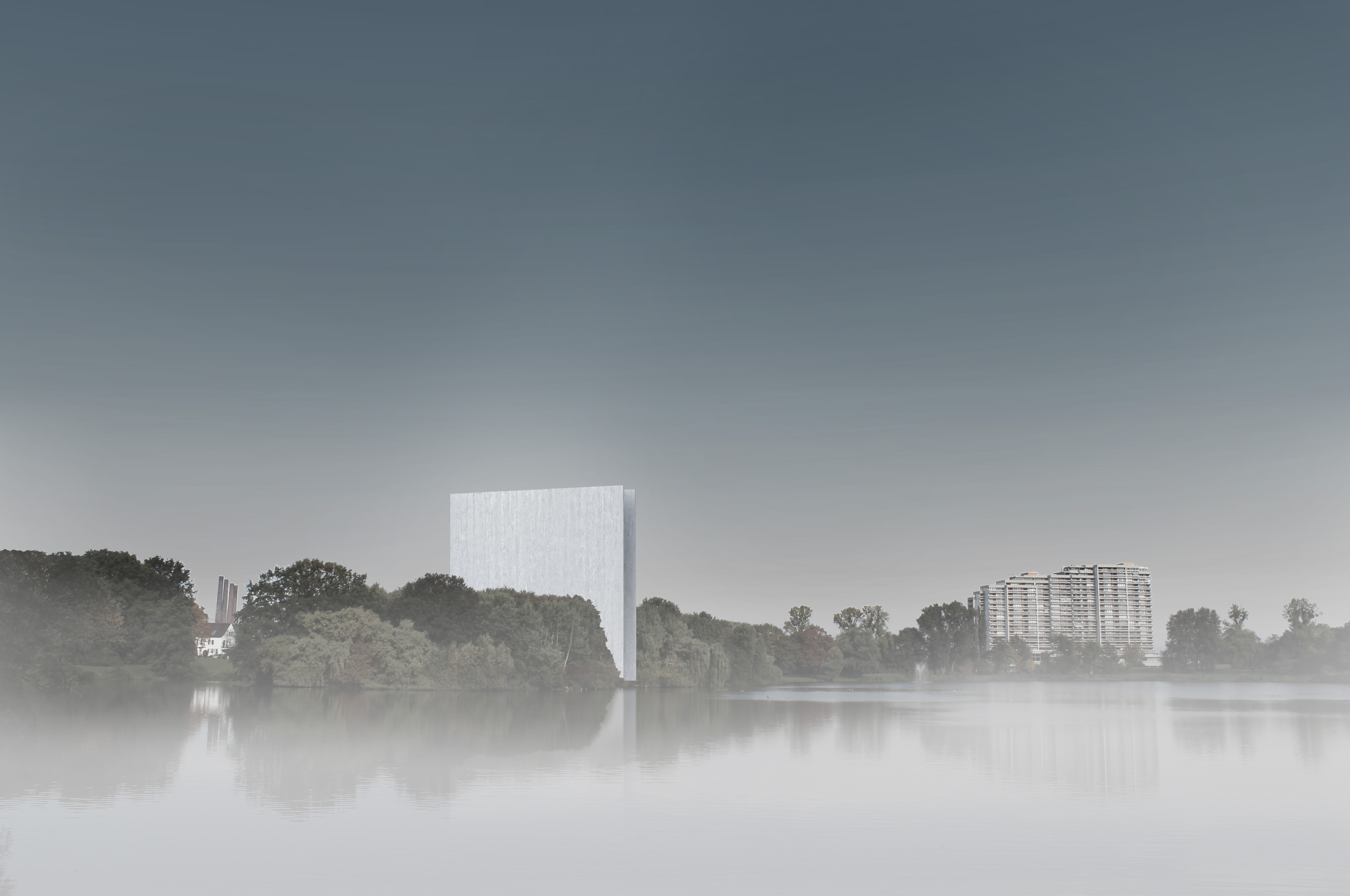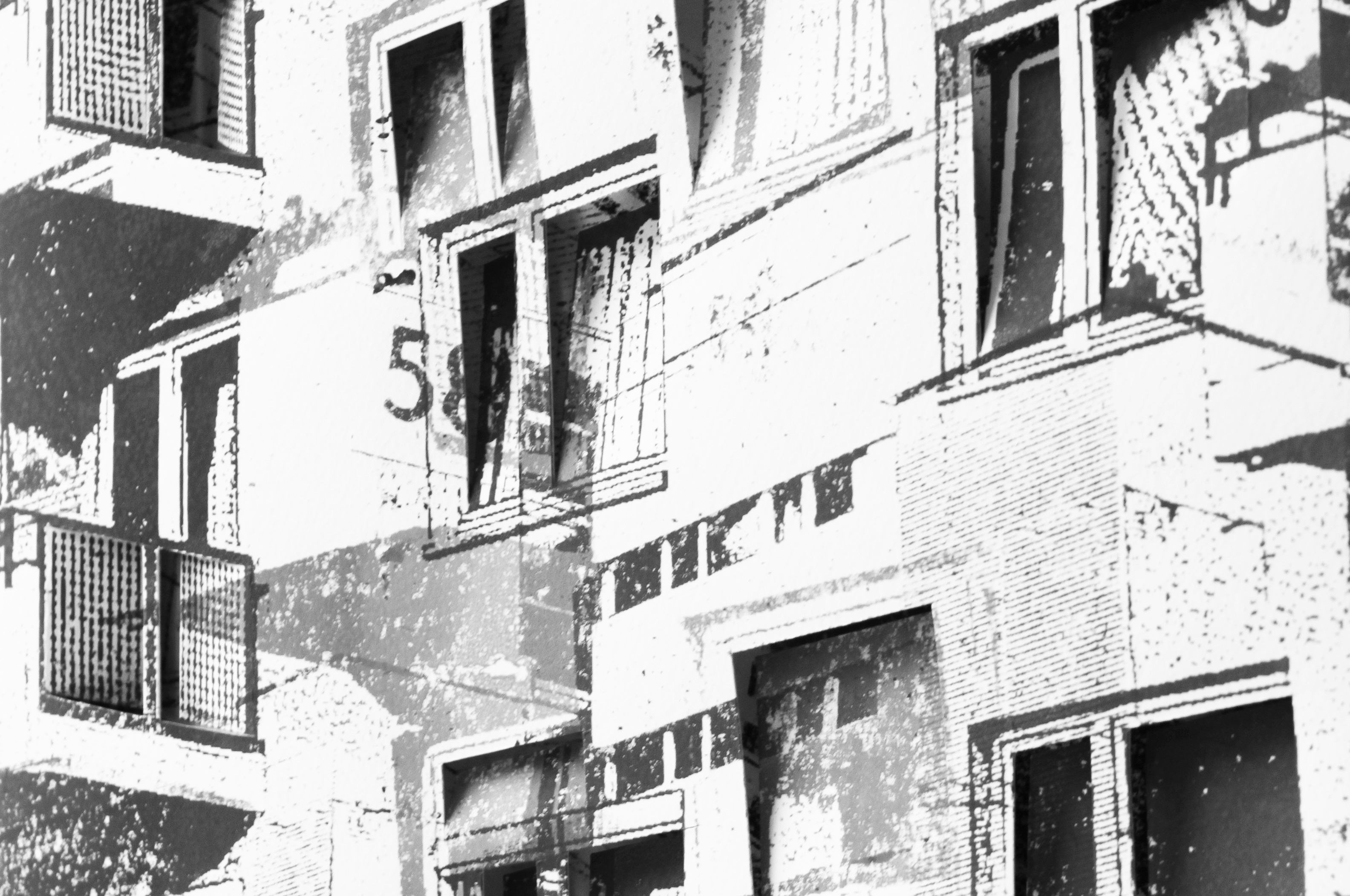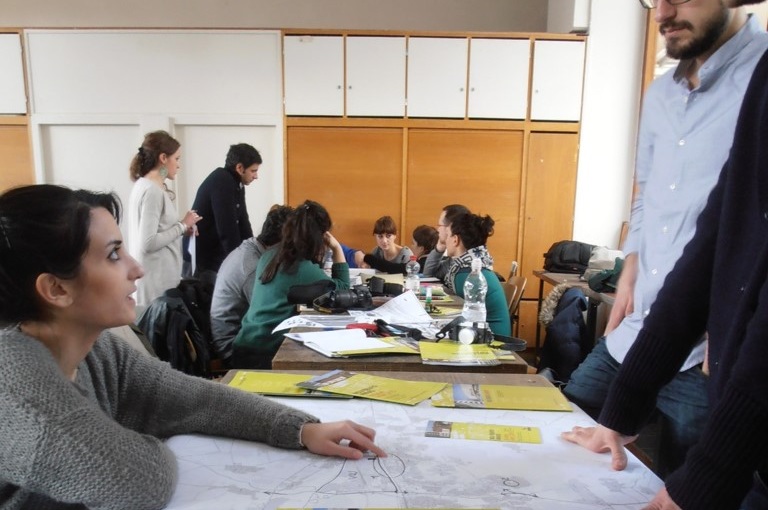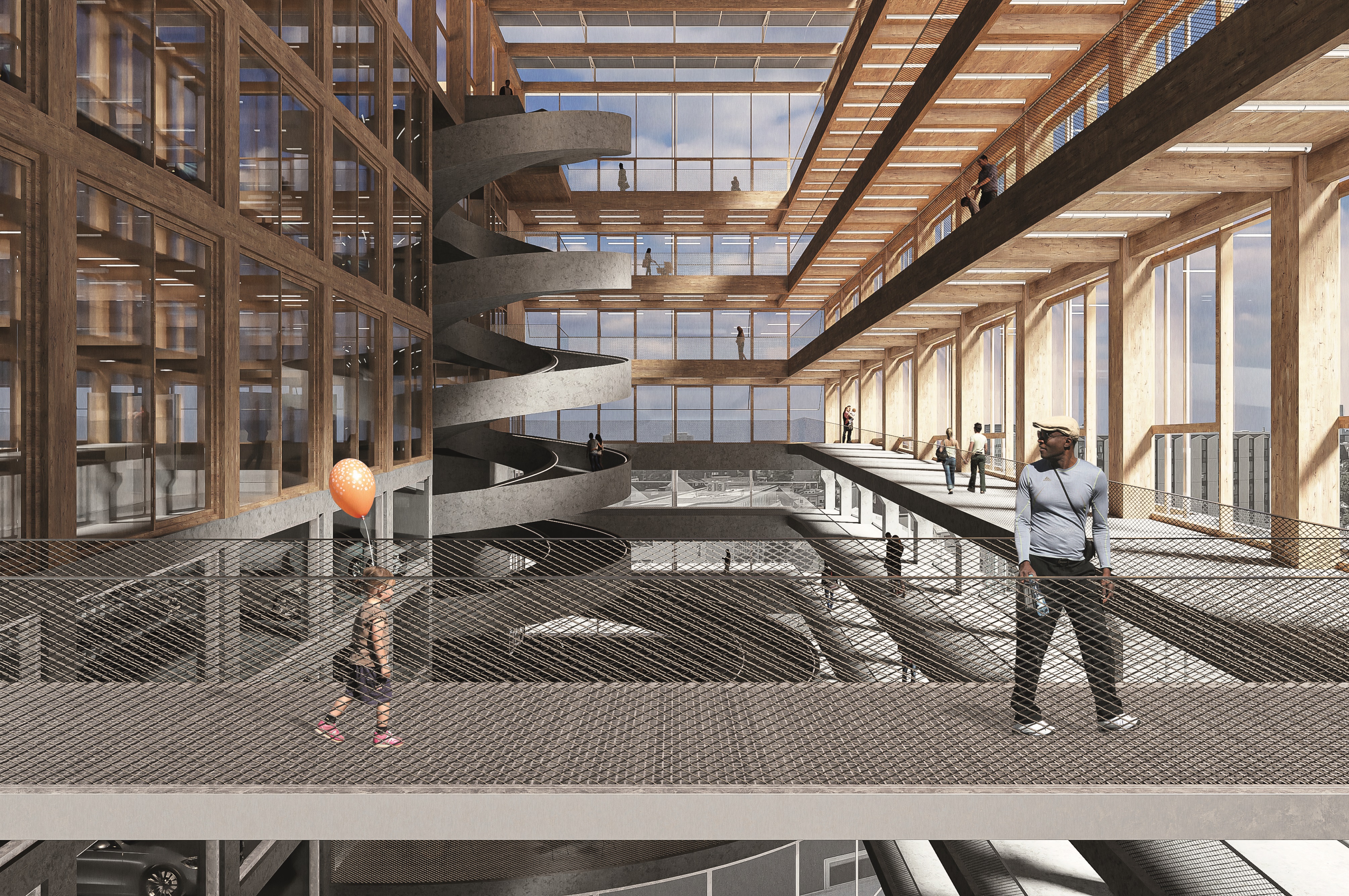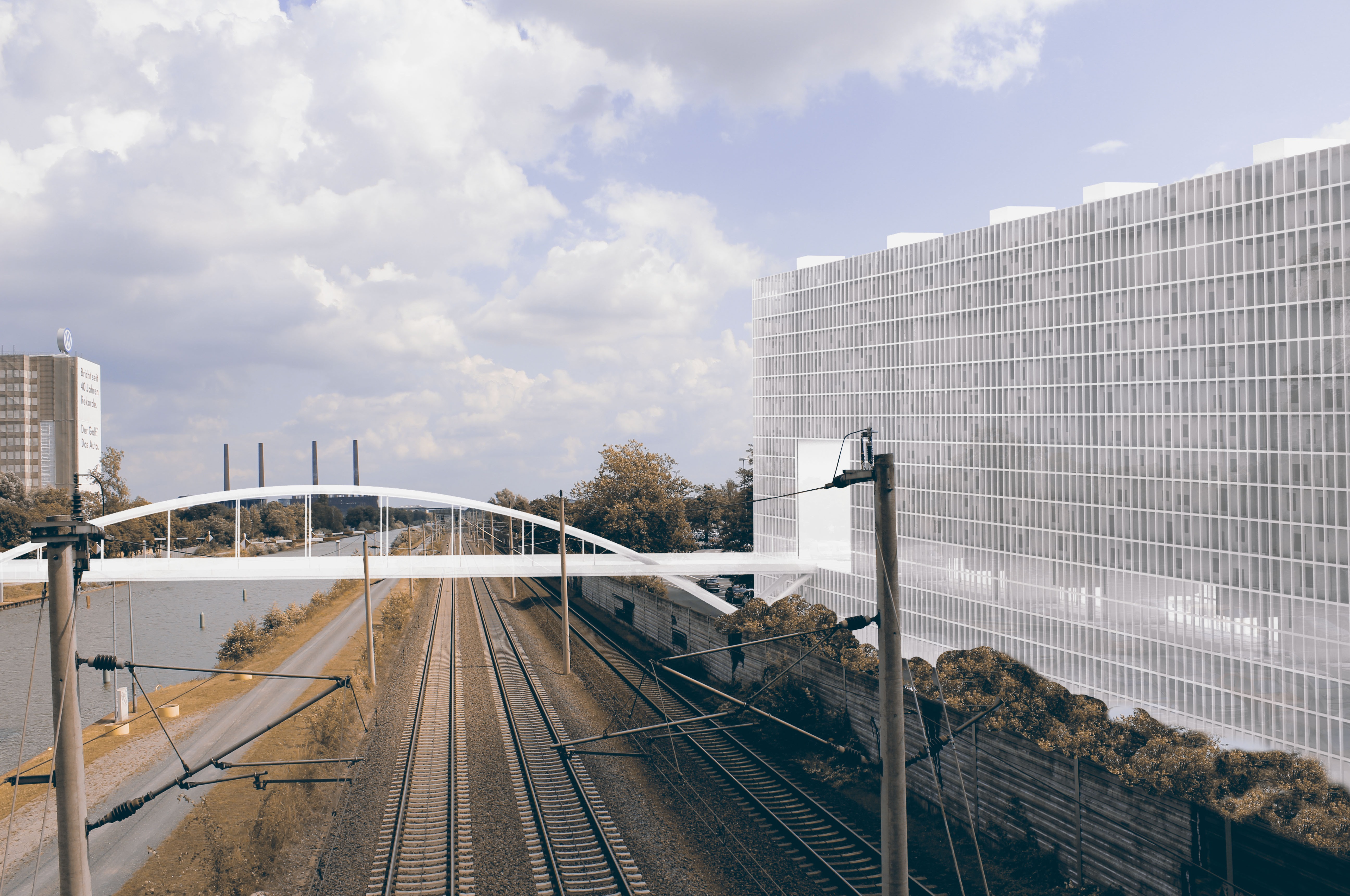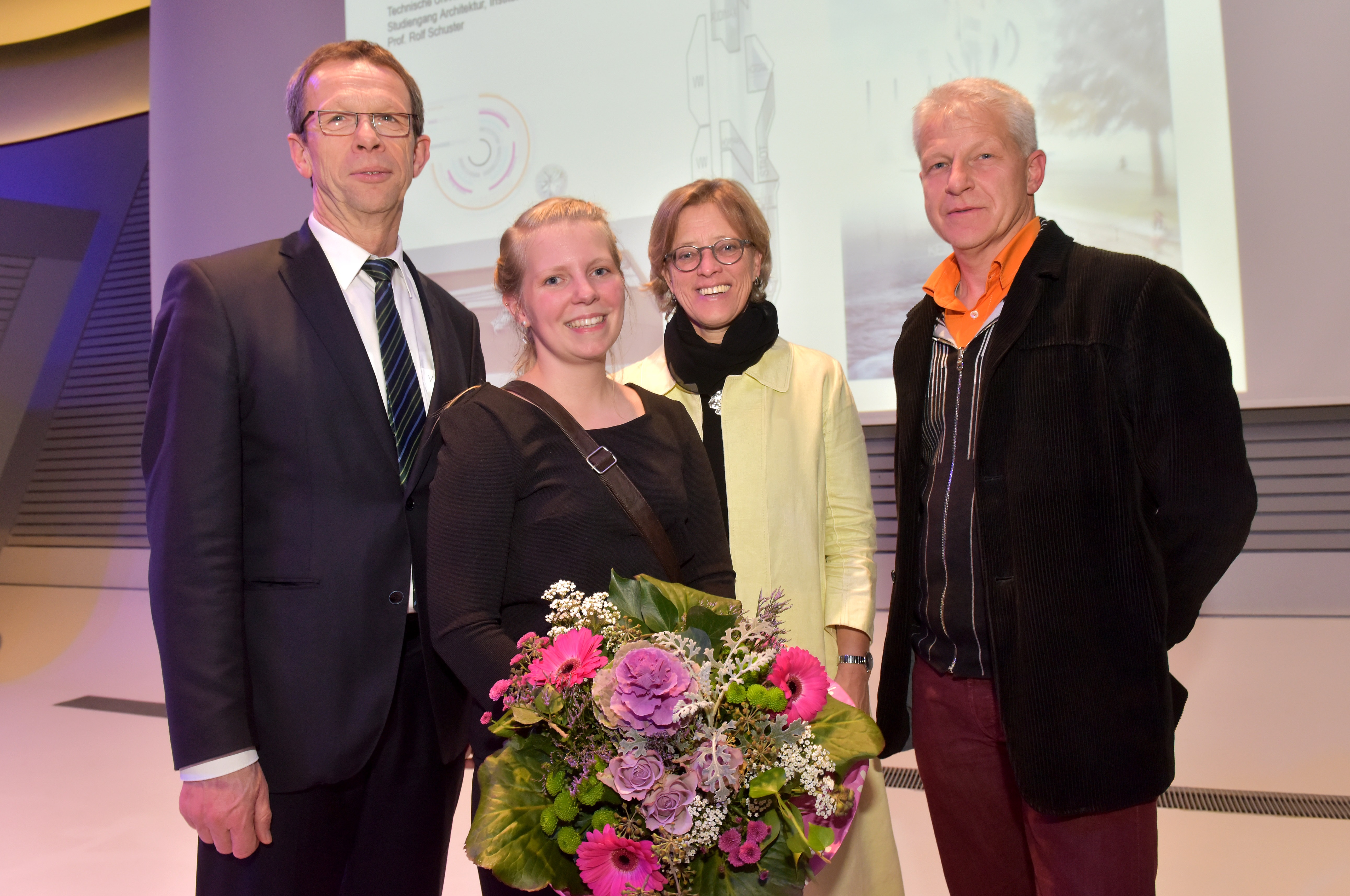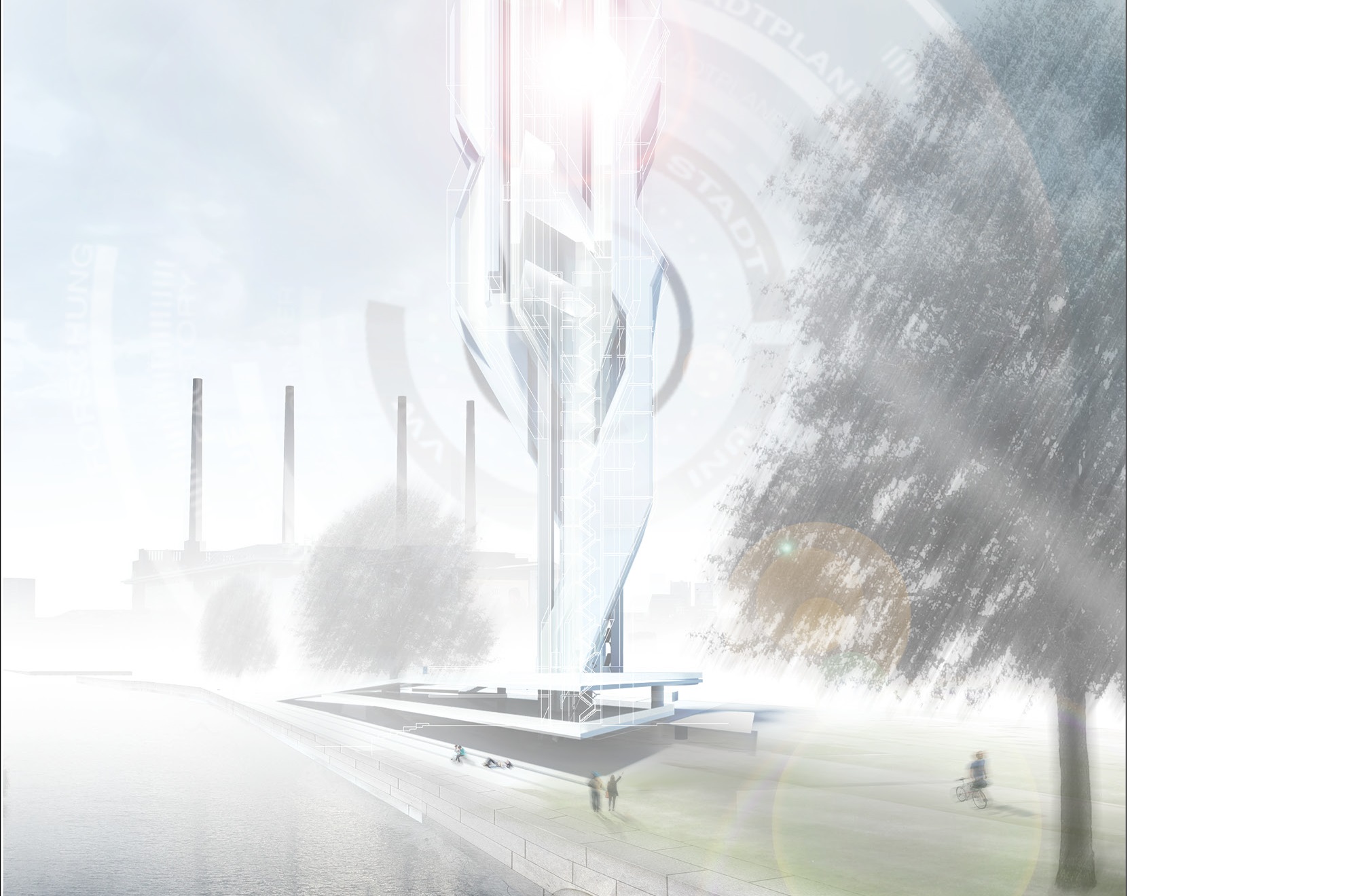Competition
The special thing about the Wolfsburg Award is that there are no specifications for the theme or design area. Everything is welcome - from architectural designs and neighborhood plans to mobility concepts. We are looking for contributions to the further development of the architectural and urban qualities of the city of Wolfsburg, works that examine its special history and new ways of thinking. The emphasis is on an innovative or experimental approach that promises new impulses. The limits of technology and thinking can be explored. Work with interdisciplinary results is viewed particularly positively.
The process is supervised by the Forum Architektur of the City of Wolfsburg. The Forum Architektur offers support in finding topics and is available to answer all questions relating to participation. Free introductory lectures on Wolfsburg's urban development will be offered for groups at the Alvar Aalto Kulturhaus. For individual participants, several online introductory sessions will be offered in spring (see dates below).
When registering, participants can request the download of aerial photographs and digital planning data in DXF format. Registered participants can also view plans in the building file archive free of charge if required (fees apply for scans or copies).
Registration is required for participation. Seminars and other courses are registered for by the supervising lecturer/university employee. Students who participate independently of a university/lecture course (e.g. as part of a thesis) can register as individuals.
All information on the competition procedure, the entry requirements and submission modalities can be found in the official competition announcement.
Wolfsburg as a newly founded city of the 20th century
Parallel to the construction of today's Volkswagen plant, Wolfsburg was founded in 1938 with the aim of creating a model National Socialist city between Heimatstil and garden city. However, the city's main period of development fell in the decades of post-war modernism. The city's growth paralleled the German economic miracle and the rise of the Volkswagen plant from an automobile production facility to a global corporation with currently around 675,000 employees at 115 production sites worldwide.
To this day, the city is one of the few newly founded cities of the 20th century to play a special role among the major German cities, and not just because of the special interplay between the city and the plant. Urban planning here is uniquely linked to the political, social and economic developments and upheavals of the last eight decades in Germany.
As a newly planned and built city, Wolfsburg reflects the urban planning models of the 20th century almost unaltered in large areas. These include the models of the garden city in the 1930s, the model of the structured and broken-up urban landscape in the post-war era and finally the ideals of the "Athens Charter", which determined the development of the first satellite towns from 1960 onwards. The idea of the car-friendly city was also realized here in its purest form.
Key figures for the overall development of Germany, such as Friedrich Wilhelm Kraemer, Dieter Oesterlen and Paul Baumgarten, shaped the urban development. In addition, there are outstanding individual architectures by greats such as Alvar Aalto, Hans Scharoun and Zaha Hadid.
Urban Vision
It is not only since the climate crisis and the issue of resources that the principles of the modern city and further construction have been increasingly called into question. Wolfsburg is facing new challenges, such as the question of new mobility or the future interplay between the factory and the city. Around fifty years after the high point of post-war modernism, the question of adapting to the requirements of a modern society arises for many solitary buildings and residential districts. Open spaces are taking on new important functions in view of climate change. The WOLFSBURG AWARD aims to contribute to further strengthening Wolfsburg's architectural dynamics as a model city. How can the city continue to develop without losing sight of its recent history? What opportunities lie in the special historical and urban development?
The following offers and institutions provide a good introduction to research around Wolfsburg:
Wolfsburg online municipal statistics
Information, data and facts about the city of Wolfsburg sorted by subject area
Geoportal of the city of Wolfsburg
Geoportal of the City of Wolfsburg The geoportal of the City of Wolfsburg makes selected, up-to-date geoinformation from various departments of the administration available to a broad public.
Building file archive
Building applications, building documents such as floor plans and sections, as well as static calculations, are archived and managed here. For registered participants, there is no fee for the provision of files. Please present your confirmation of participation, which you will receive by e-mail. There is a charge for making copies or scans. The owner's consent is required to view the building files. You can find a template for this on the building records archive page.
City Archive / Institute for Contemporary History and City Presentation (IZS)
The Institute for Contemporary History and City Presentation records, secures, indexes, evaluates and assesses archive material.
Monument Atlas Lower Saxony
The Lower Saxony Monument Atlas is a knowledge and communication platform on which the Lower Saxony State Office for the Preservation of Monuments provides information about the state's cultural monuments. The architectural monuments of the city of Wolfsburg are fully recorded here.
Open Geo Data Lower Saxony
On this page you will find free Open Geo Data provided by the State Office for Geoinformation and Surveying of Lower Saxony (LGLN).
Award: January 2024
Introduction (online) "Wolfsburg Urban Development 1938-2024": April 3 and 10, 2024, both at 4:00 pm
Registration required by e-mail: wolfsburgaward@stadt.wolfsburg.de
Submission: August 11, 2024
Personal submission of models: August 09, 2024 (individual appointment by e-mail at wolfsburgaward@stadt.wolfsburg.de)
Jury: September 2024
Announcement of the winners / award ceremony: November 2024
City of Wolfsburg / Forum Architecture
Esther Orant
Porschestrasse 51
38440 Wolfsburg
Phone: 05361 28-2814
E-mail: wolfsburgaward@stadt.wolfsburg.de
